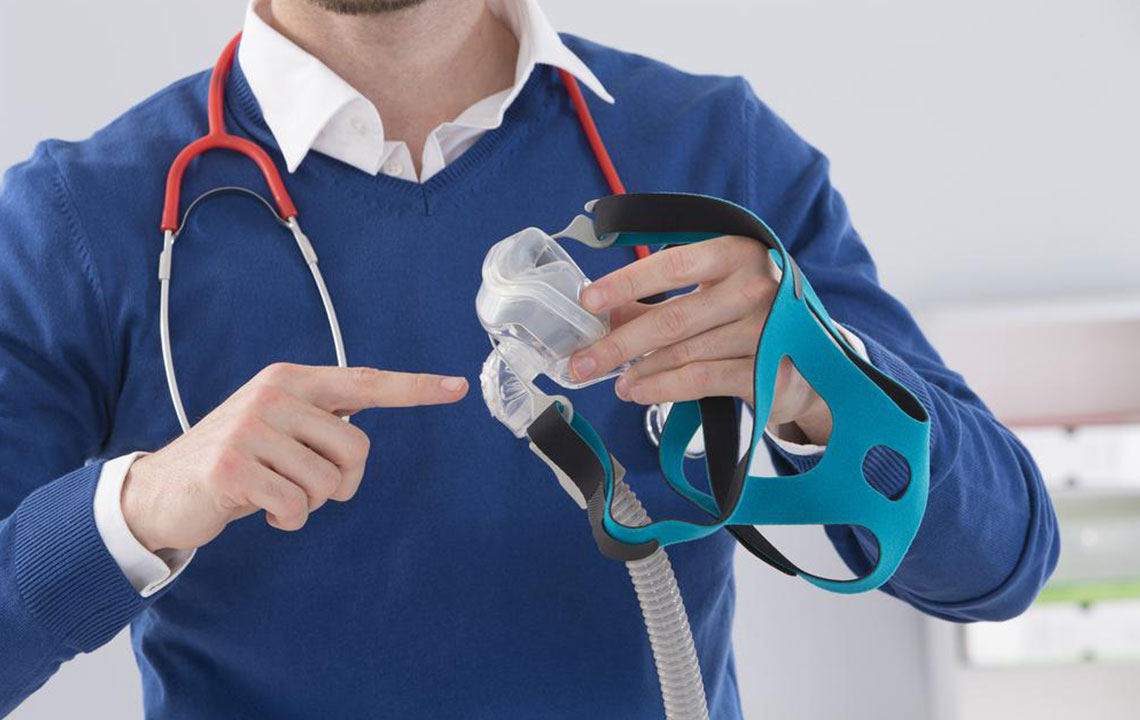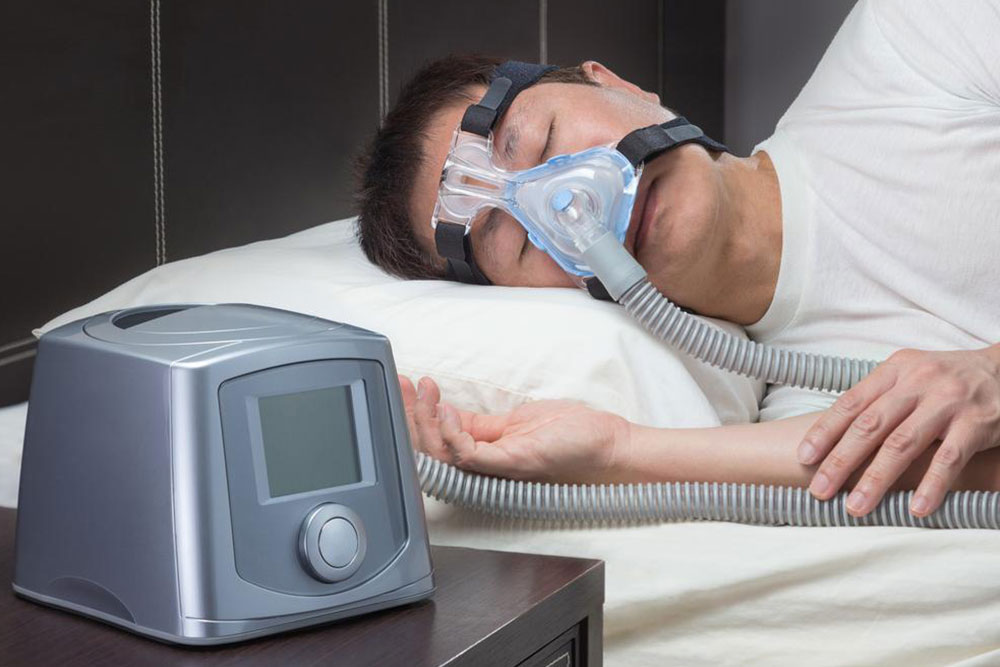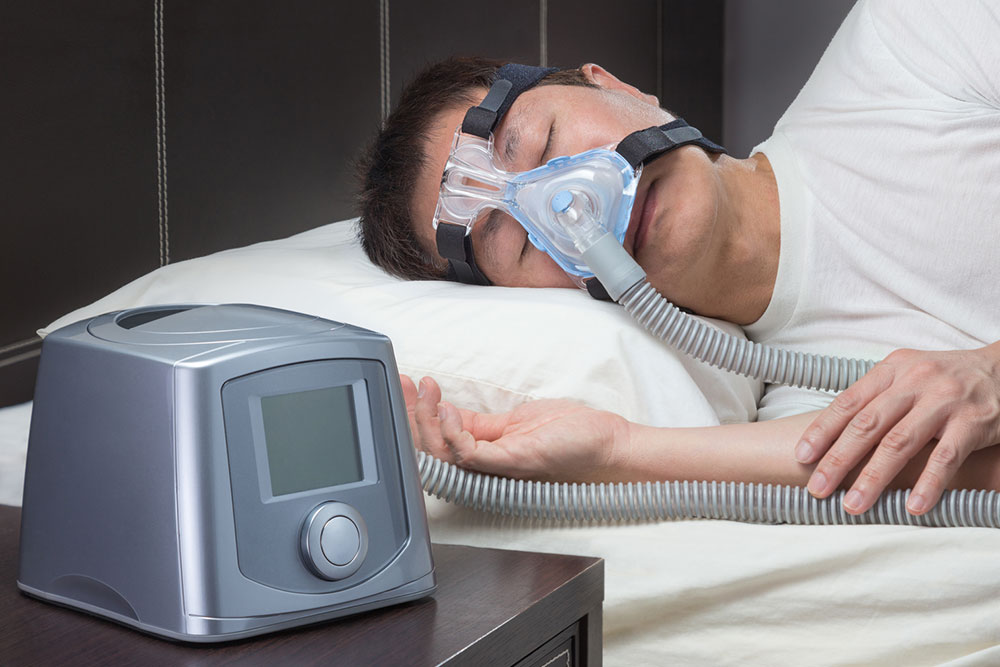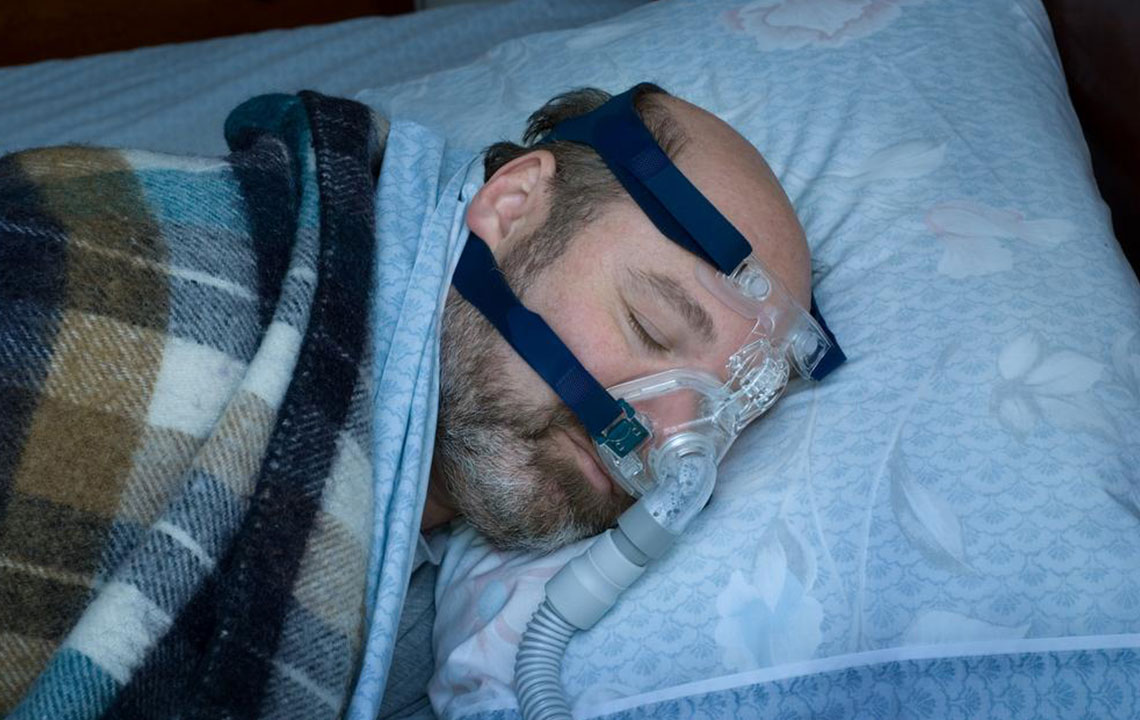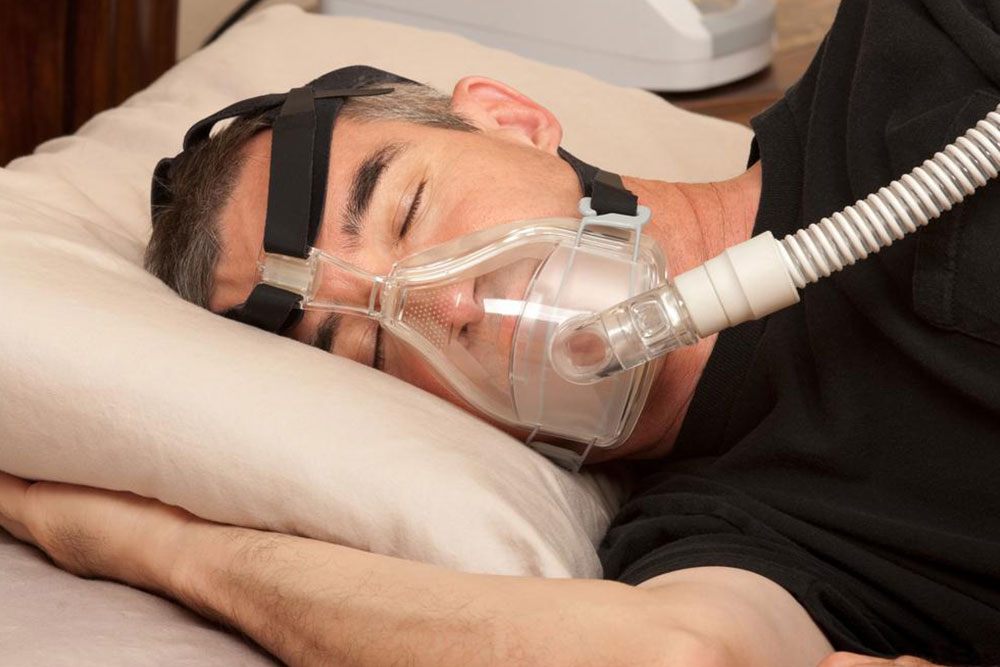Comprehensive Approaches to Effectively Manage Sleep Apnea for Better Health
Discover comprehensive strategies to effectively manage sleep apnea, including advanced treatments like CPAP therapy, lifestyle modifications such as weight management and sleep positioning, and surgical options. Learn how personalized approaches and ongoing care can improve sleep quality, reduce health risks, and enhance overall well-being for those affected by this common sleep disorder.
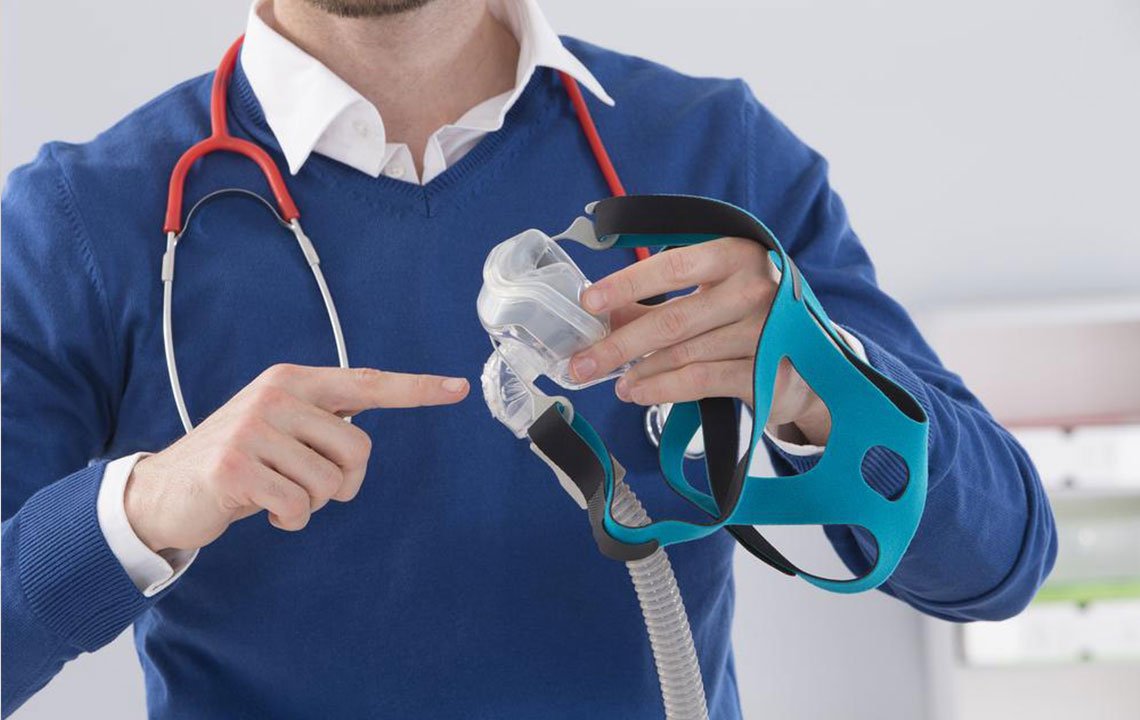
Comprehensive Approaches to Effectively Manage Sleep Apnea for Better Health
Sleep apnea, a common yet often underdiagnosed sleep disorder, significantly impacts overall health and quality of life. Characterized by interrupted breathing during sleep due to airway obstruction, sleep apnea can lead to serious health consequences such as heart disease, stroke, high blood pressure, depression, and an increased risk of accidents caused by excessive daytime sleepiness. Understanding the multifaceted nature of this condition and exploring effective management strategies is essential for individuals seeking to improve their sleep quality and long-term health outcomes.
One of the primary and most well-established treatments for sleep apnea is Continuous Positive Airway Pressure (CPAP) therapy. This method involves wearing a specialized mask connected to a machine that delivers a constant, steady stream of pressurized air. The positive airway pressure keeps the airways open during sleep, effectively reducing or eliminating apnea episodes. While CPAP therapy is highly effective, many patients encounter challenges such as mask discomfort, dryness, nasal congestion, or difficulty adapting to the device. To address these issues, healthcare providers suggest solutions like customized mask fittings to ensure comfort, humidification options to prevent dryness, and adjustments in pressure settings for personalized comfort. Consistent use of CPAP can significantly improve sleep quality, reduce health risks, and enhance overall well-being.
Beyond CPAP, several lifestyle modifications can greatly influence the severity of sleep apnea symptoms. For instance, quitting smoking can reduce inflammation and swelling of the airway tissues, thereby improving airflow. Moderating alcohol consumption is also crucial, as alcohol relaxes the throat muscles and can exacerbate airway obstruction during sleep. Weight management is another key aspect; excessive weight, especially around the neck, narrows the airway and worsens apnea episodes. Engaging in regular physical activity and adopting a balanced diet can assist in weight reduction and improve respiratory health. Moreover, sleeping positions play a role—sleeping on one’s side instead of the back helps prevent the collapse of the airway, significantly reducing apnea episodes.
In addition to lifestyle changes, various medical and surgical options are available for managing sleep apnea, especially in moderate to severe cases or when other therapies are ineffective. Surgical procedures such as uvulopalatopharyngoplasty (UPPP), radiofrequency ablation, or jaw repositioning surgeries aim to remove or stiffen tissues that block the airway or to enlarge the airway passage. Recent advancements include minimally invasive techniques that target specific obstruction sites. Oral appliances designed specifically for sleep apnea are also an effective alternative for patients with mild to moderate symptoms. These custom-fitted devices reposition the lower jaw or tongue to maintain an open airway during sleep.
Managing sleep apnea is a comprehensive process that involves a combination of medical interventions, lifestyle modifications, and ongoing monitoring. Regular follow-up with sleep specialists ensures that treatments are effective and allowing for necessary adjustments. Patient education about the importance of adherence to prescribed therapies like CPAP and lifestyle changes is crucial for long-term success. Furthermore, emerging technologies and innovations in sleep medicine continue to improve management options, offering hope for better quality of life for individuals affected by sleep apnea.
In conclusion, effective management of sleep apnea requires a personalized approach that combines medical treatments with lifestyle adaptations. From using CPAP machines tailored for comfort to making healthy lifestyle choices and considering surgical options when necessary, patients can significantly reduce their symptoms and improve their overall health. Raising awareness about this condition and encouraging early diagnosis and treatment can prevent serious health complications and promote restful, rejuvenating sleep.
